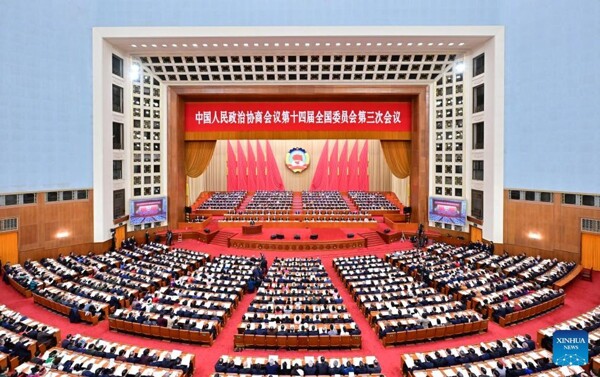The Ministry of Commerce of China has announced tariffs on certain agricultural and food products from Canada in response to the levies imposed by Ottawa on electric vehicles and steel and aluminum metals from China last October.
Specifically, China will impose a 100% tariff on canola oil, peas, and turtle shells (pressed cakes) from Canada. Additionally, starting March 20, Canadian pork and seafood products will be subject to a 25% rate. These measures will take effect on the specified date.
The Chinese Ministry of Commerce has characterized Ottawa's decision as "protectionist" and "discriminatory." It urged Canadian authorities to reconsider their stance, respect the rules of the World Trade Organization, and quickly correct what it sees as erroneous practices.
Canadian Prime Minister Justin Trudeau justified imposing tariffs on Chinese products by arguing that China's industrial policies harm its Western competitors by subsidizing its own companies. This reasoning has also been used by other international actors, such as the European Union.
China's imposition of tariffs on Canadian products occurs in a context of growing global trade tensions. This measure adds to the trade dispute between the United States and several of its partners, including Canada, Mexico, and China.













